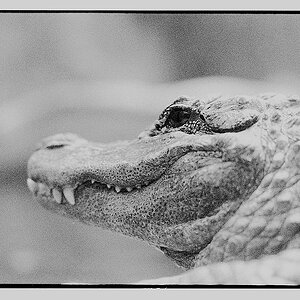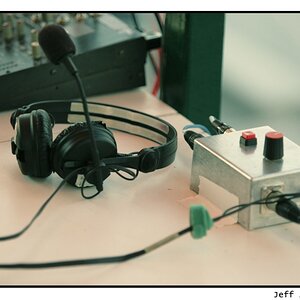ScottWy
TPF Noob!
- Joined
- Jun 29, 2009
- Messages
- 31
- Reaction score
- 0
- Location
- Oregon
- Can others edit my Photos
- Photos OK to edit
Technology is moving very fast these days. In some ways, that is making better products more affordable.
I was reading about the Nikon D700 the other day. Here is a full frame sensor camera that, while not exactly affordable at 3k, is dramatically lower in price than a D3. I do not know if that's true about other brands full sensor models.
What I am most interested in right now is high ISO capability.
Where do you see the market going in the next few years, especially in full frame models? The new lens development, at least in the case of Nikon, is not compatable with that array.
Also, is there more that can be done developing the smaller sensors ISO capabilities?
Perhaps other manufacturers are ahead of Nikon in this area. Any thoughts there?
I was reading about the Nikon D700 the other day. Here is a full frame sensor camera that, while not exactly affordable at 3k, is dramatically lower in price than a D3. I do not know if that's true about other brands full sensor models.
What I am most interested in right now is high ISO capability.
Where do you see the market going in the next few years, especially in full frame models? The new lens development, at least in the case of Nikon, is not compatable with that array.
Also, is there more that can be done developing the smaller sensors ISO capabilities?
Perhaps other manufacturers are ahead of Nikon in this area. Any thoughts there?








![[No title]](/data/xfmg/thumbnail/42/42457-a2cc06037a1ecaed84b9f0e5366fa8c7.jpg?1619740191)





